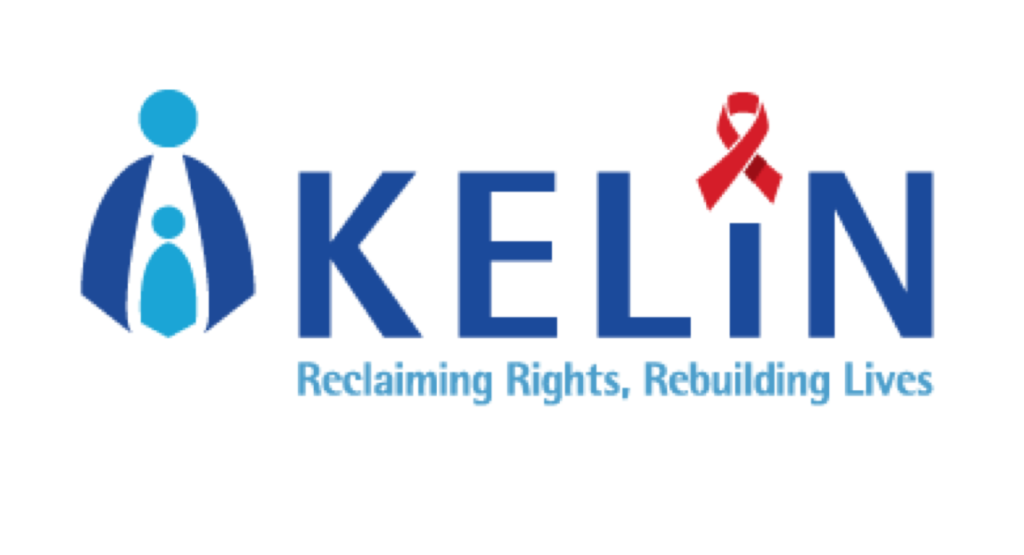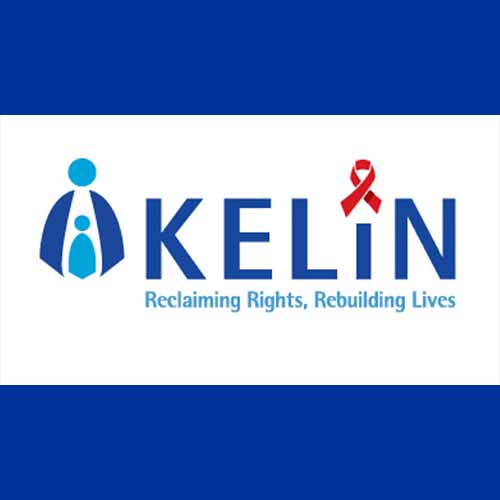Monday 10th December 2018 (World Human Rights Day), Nairobi – People living with HIV (PLHIV)and the Kenya Legal and Ethical Issues Network on HIV and AIDS (KELIN) today filed a petition asking the High Court in Nairobi to strike down as unconstitutional Section26 of the Sexual Offences Act that discriminates against PLHIV, women, and the vulnerable and violates a number of fundamental human rights. They do so today, the International Human Rights Day, in solidarity with PLHIV, women, and vulnerable people all over the world who battle not only the virus but also laws that criminalize people not for what they do but rather for who they are.
Despite global consensus amongst experts and institutions such the World Health Organization and UNAIDS that laws criminalizing HIV transmission and exposure weaken the ability of governments to end the AIDS epidemic, Kenya maintains one of the worst HIV criminalization laws in the world. Section 26 of the SexualOffenses Act creates a range of crimes that carry a mandatory minimum sentence of 15 years imprisonment. Kenya has committed in international agreements and domestic strategic plans to eradicate such discriminatory laws yet has failed to do so and the Office of the Director of Public Prosecutions continues to charge and prosecute people with these offences.
There is no evidence that such laws curb HIV transmission; to the contrary—the international consensus is that these laws drive HIV epidemics by pushing people away from testing and treatment, perpetuating stigma and discrimination, and preying on those most vulnerable to HIV infection. Some people are drawn to support of such laws because of a desire for PLHIV to disclose their status and exercise caution to not transmit HIV. However, the evidence shows the laws do the opposite—encouraging people to avoid testing or to guard their status as secret in order to immunize themselves from prosecution. People are more likely to be open about HIV status and collaborate with sexual partners to prevent transmission when the law creates a safe environment free from stigma in which they can do so.
Laws criminalizing HIV also load the probability of prosecution toward women because conviction requires proof that the accused knew her status and women know their status at far higher rates than men. Also, for this reason, the laws create strong incentives against HIV testing, as knowledge of one’s status renders one vulnerable to prosecution.
The prosecuting authority’s interpretation of Section 26 of the Sexual OffencesAct, as demonstrated by the prosecutions of several of the PLHIV challenging the law, effectively makes it a crime for a woman with HIV to birth and raise children. The prevailing interpretation also effectively criminalizes marriage between a person who has HIV and a person who does not.
‘Laws that make criminals of people simply for having HIV ignore science. People who are on HIV treatment and are virally suppressed are not infectious. The key to a successful HIV response and ending AIDS is making sure everyone with HIV knows their status and gets on treatment. These laws make that impossible. Thousands of discordant couples and breastfeeding mothers living all over Kenya run the risk of being arrested and charged under this provision if they come forward for HIV testing,’ noted M.A, the fourth petitioner and a representative of the Discordant Couples in Kenya.
HIV criminalization laws are also notorious for abuse and arbitrary enforcement. ‘Such abuse will always be targeted at persons living with, vulnerable to or believed to be living with HIV whether or not their actions were culpable and whether or not their actions exposed another to the risk of contracting HIV,’ cautioned Mr. Nelson Otwoma, the Director at theNational Empowerment Network of People living with HIV/AIDS in Kenya (NEPHAK).
It is for this reason that five people living with HIV and stakeholders working in HIV response came together to file the petition and launch the campaign dubbed Positive Justice. The campaign seeks to raise awareness on the negative effects of enforcement of the law on PLHIV, and engage relevant stakeholders including the media, legislature, judiciary, law enforcers, and Ministry of Health in advocating for the rights of people living with HIV. ‘This petition will not only safeguard the rights of those living with and affected by HIV and other sexually transmitted infections but also help alleviate the discrimination and stigma they face and help Kenya remain on track in achieving the 2020 UNAIDS Fast Track targets in ending AIDS,’ said Mr. Allan Maleche, the Executive Director at KELIN.
####
AboutKELIN: KELIN is a human rights NGO working to protect and promote health-related human rights in Kenya. We do this by providing legal services and support, training professionals on human rights, engaging in advocacy campaigns that promote awareness of human rights issues, conducting research and influencing policy that promotes evidence-based change.
For more information, please follow the links below:
- Press statement
- Positive Justice Campaign Concept Note
- Positive Justice Campaign Launch Agenda
- Petition 447 of 2018
Media Contact
Katherine Karambu
Communications Officer
Kenya Legal and Ethical Issues Network on HIV and AIDS (KELIN)
Email: kkarambu@kelinkenya.org
Tel: +254724617198

